Speaker Bios
Please note: speaker bios will populate this page as they are submitted.
Please note: speaker bios will populate this page as they are submitted.
Bijal Balasubramanian, MBBS, PhD is a primary care physician and epidemiologist pursuing a research program rooted in understanding the delivery of health care, specifically in primary care health systems. She is a Professor of Epidemiology at UTHealth Houston School of Public Health and the Rockwell Distinguished Chair in Society and Health. She is also the founding Co-Director of the UTHealth Houston Institute for Implementation Science.
Dr. Balasubramanian’s research focuses on developing and implementing practice change strategies to improve care delivery and patient health outcomes in real-world healthcare settings. She employs theory-driven mixed methods approaches to evaluate practice change interventions, shedding light on the multi-level determinants of care quality in primary care—spanning patient, clinician, clinical team, and community factors. Her current research explores the pivotal role played by primary care teams in caring for cancer survivors, with a focus on devising innovative survivorship care delivery strategies, particularly in community health centers. Dr. Balasubramanian serves on The Science of Implementation in Health and Healthcare (SIHH) Study Section at the National Institutes of Health and lends her expertise to the Milbank Memorial Fund’s Advisory Committee, guiding the development of an annual "Health of US Primary Care Scorecard" to shape national and state policies for implementing high-quality primary care.
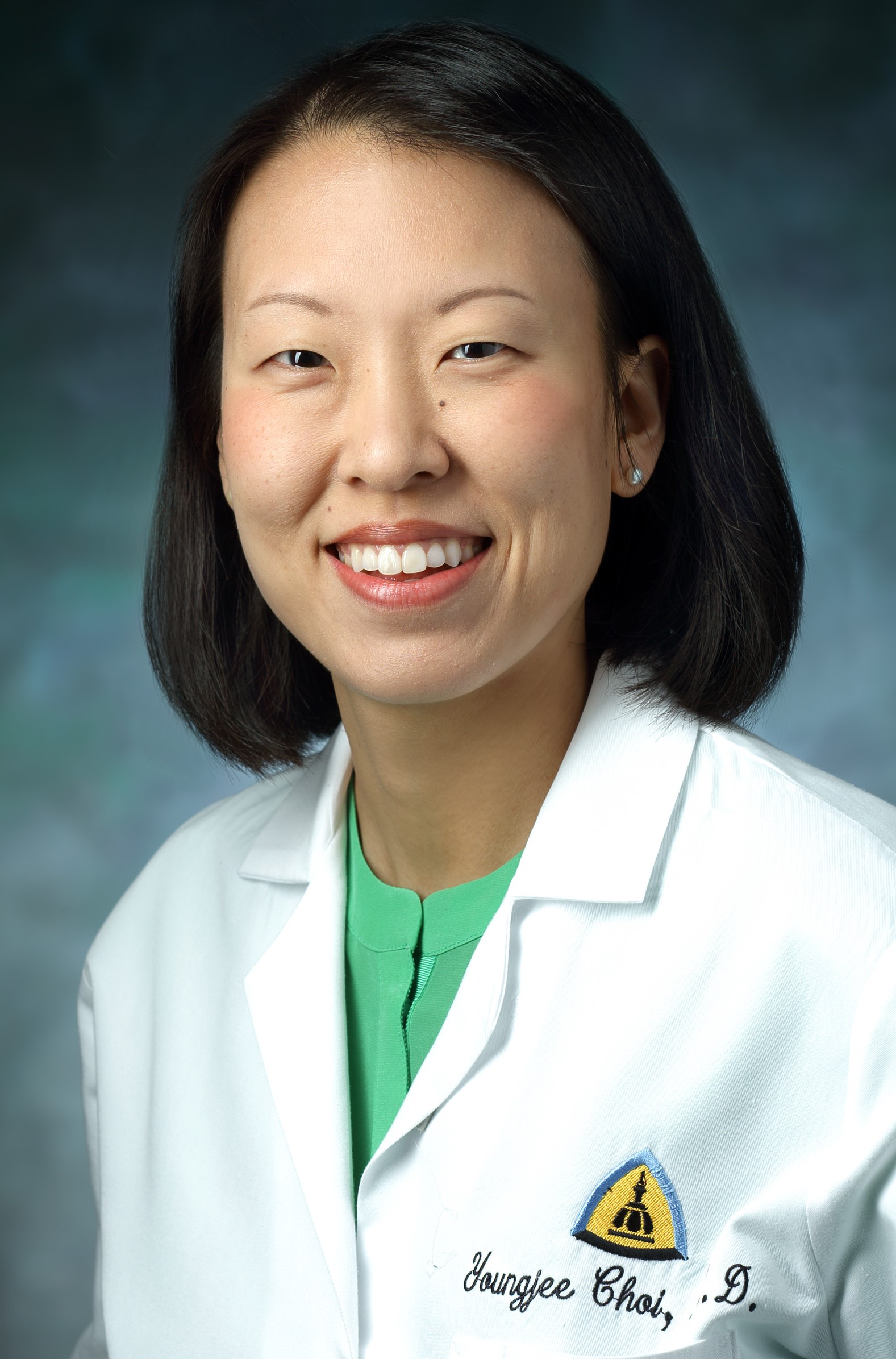
Dr. Choi is an assistant professor in the departments of medicine and oncology at the Johns Hopkins University School of Medicine. Her clinical, teaching, and research interests focus on cancer survivorship, and the intersection of oncology and primary care. In particular, she has been instrumental in the development of the Johns Hopkins Primary Care for Cancer Survivors clinic and serves as its program director. As an internist in this clinic, she seeks to promote collaboration between oncology specialists and primary care providers around the appropriate management of comorbid diseases, surveillance, and other survivorship issues. She serves on the American Society of Clinical Oncology Health Equity and Outcomes Committee, the American Society of Clinical Oncology Survivorship Task Force, and the American Society of Clinical Oncology Survivorship Guideline Advisory Group.
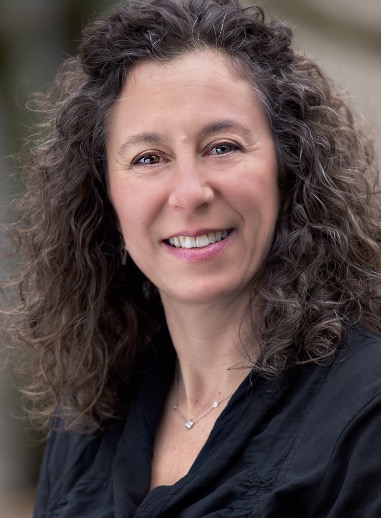
Dr. Cohen is a primary care researcher and implementation scientist. She is a collaborative leader in qualitative and mixed-methods research. Dr. Cohen’s research focuses on the evaluation and implementation of clinical innovations – including cancer prevention and integrated, team-based care. Her work focuses on how to implement these innovations in practice, how to assess their impact on patient care. and understanding how to scale up successful transformation efforts. Dr. Cohen is also a member of the National Academy of Medicine.
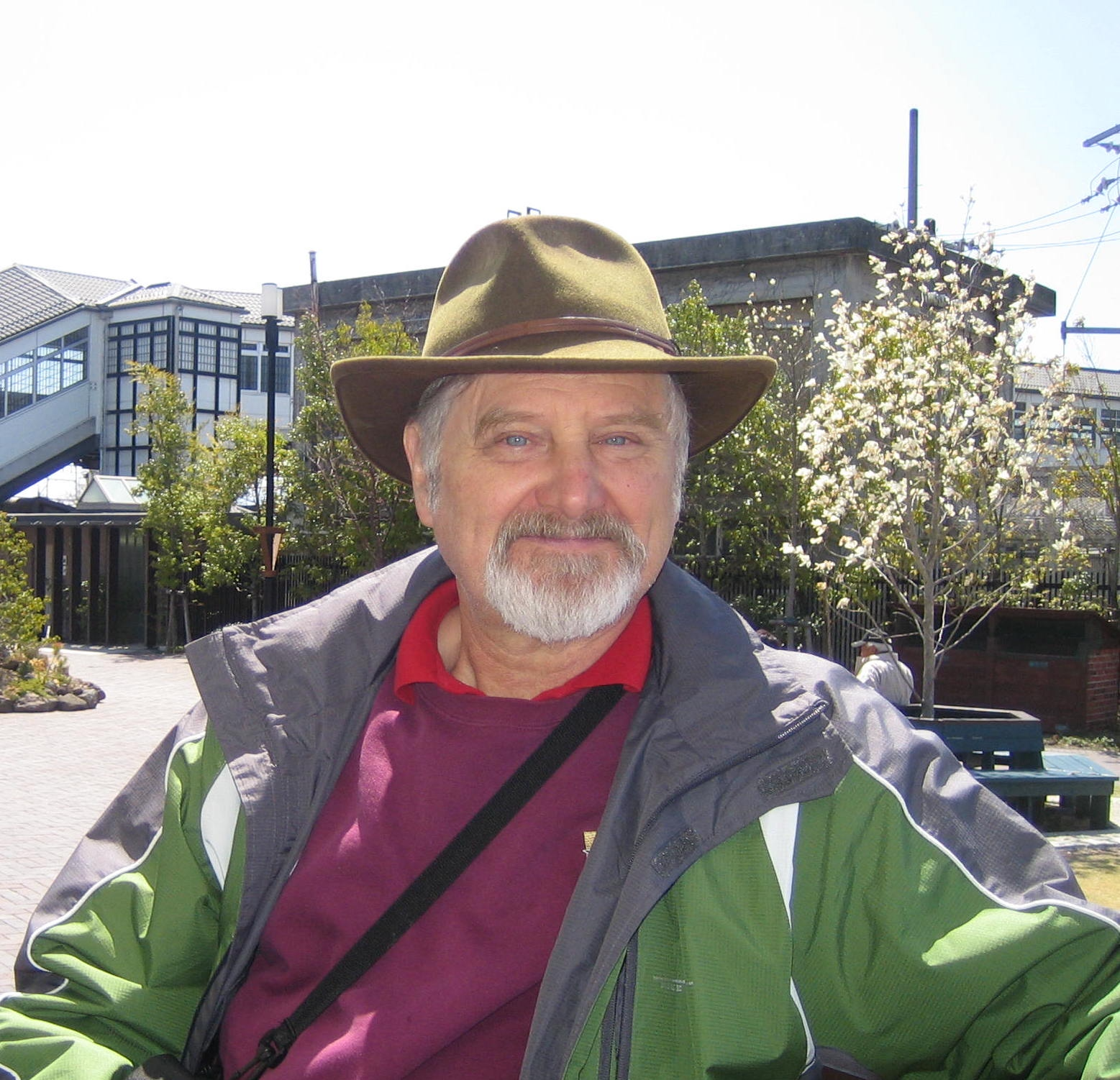
Benjamin F. Crabtree, PhD, is an applied medical anthropologist and Distinguished Professor of Family Medicine at the Rutgers Robert Wood Johnson Medical School. He has worked collaboratively in healthcare delivery system redesign and primary care practice organizational change using qualitative research and mixed-methods designs over a 35-year program of research. He was deeply influenced by his two tours as a US Peace Corps Volunteer, first in Ethiopian smallpox eradication and then in Korean tuberculosis control, where he observed first-hand the critical roles of public health and primary medical care which he describes in a recent book (Needle in a Haystack: Searching for the World's Last Cases of Smallpox in Ethiopia). Over the past twenty years, he has been intensely engaged in research to enhance the quality of cancer care in the United States, especially in primary care clinics. As both a researcher and cancer survivor, he has a deep appreciation of the day-to-day reality faced by patients, clinicians, and staff member as they negotiate an often-dysfunctional health system. Ben was PI on two recent NCI R01 grants, and MPI on a current NCI R01 grant that uses ethnographic and mixed methods to develop, implement, and evaluate interventions for cancer survivors in primary care. A recently released SAGE textbook he co-authored with William Miller (Doing Qualitative Research, 3rd Edition) provides detailed instructions on how to conduct both qualitative data collection and data analysis/interpretation in primary care settings.

K. Allen Greiner, MD, MPH is the Nason Family Endowed Professor and Vice Chair of the Department of Family Medicine and Community Health at the University of Kansas Medical Center (KUMC) in Kansas City, Kansas. He grew up in Topeka, Kansas and received his undergraduate education at Brown University. He attended medical school and completed residency training at the University of Kansas Medical Center. He is a practicing family physician and is the Medical Officer for the Kansas City, Kansas, Wyandotte County Unified Government Health Department. Since 2002 he has been one of two primary faculty advisors to the Jaydoc Free Clinic, a medical student run clinic for the uninsured in Kansas City. He directs the Kansas Patients and Providers Engaged in Prevention Research (KPPEPR) Network. This primary care practice-based research network serves as an important research laboratory for health studies and projects in rural and urban safety-net clinics across the state of Kansas. Over the last 18 years the KPPEPR Network has been the primary recruitment setting for five separate National Institutes of Health (NIH) R01 intervention studies including a current study testing strategies for improving cancer survivorship care. He has also directed the community engagement program in Frontiers, the KUMC Clinical Translational Science Institute. Through this program he leads efforts to expand community-based research and to assure a strong infrastructure and community input into KUMC’s bioscience activities. He has received federal and foundation grant support to study health information technology, health disparities, chronic disease management, health literacy, and patient health risk behavior in rural and underserved community settings.
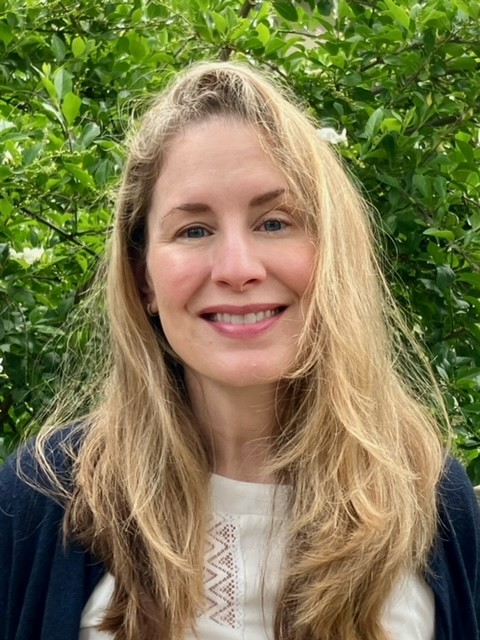
Erin E. Hahn, PhD, MPH, is a health services researcher and implementation scientist with a primary research interest in quality of care in oncology and the implementation of evidence-informed practices. Dr. Hahn is a Research Scientist with Kaiser Permanente Southern California and is an Associate Professor in the Kaiser Permanente Bernard J. Tyson School of Medicine. Dr. Hahn is currently Principal Investigator of multiple studies funded by the National Cancer Institute including a clinical trial evaluating a primary care-led model of cancer survivorship care, a cluster randomized trial focused on testing implementation strategies to increase HPV vaccination in children, and a multi-site program grant assessing the quality of care and patient-reported outcomes of adolescent and young adult cancer survivors. She has recently completed several cancer care delivery studies including a pragmatic randomized controlled trial of depression screening in oncology using a hybrid effectiveness-implementation design and an analysis of a self-ordering option for colorectal cancer screening.

Dr. Shawna Hudson is a medical sociologist specializing in primary care research. Dr. Hudson is Vice Chancellor for Dissemination and Implementation Science for Rutgers Health, and Senior Associate Dean for Population Health Research at Rutgers Robert Wood Johnson Medical School. She is Professor, Vice Chair of Research and Henry Rutgers Chair of Family Medicine and Community Health. She holds a research membership in Rutgers Cancer Institute of New Jersey and serves as Director for the Community Engagement Core of the NJ Alliance for Clinical and Translational Science (NJ ACTS) which is a Clinical and Translational Science Award (CTSA) consortium. Dr. Hudson has led and serves as a collaborator on multiple National Cancer Institute-funded studies. Her current research uses a Hybrid Type 1 effectiveness-implementation approach to examine the adaptation and implementation of evidence-based breast cancer follow-up in primary care. Dr. Hudson has written extensively on the role of primary care in long-term follow-up care for cancer survivors and served as a member of the National Academies of Sciences, Engineering, and Medicine’s committees on Implementing High-Quality Primary Care and Transforming Health Care to Create Whole Health: Strategies to Assess, Scale, and Spread the Whole Person Approach to Health.
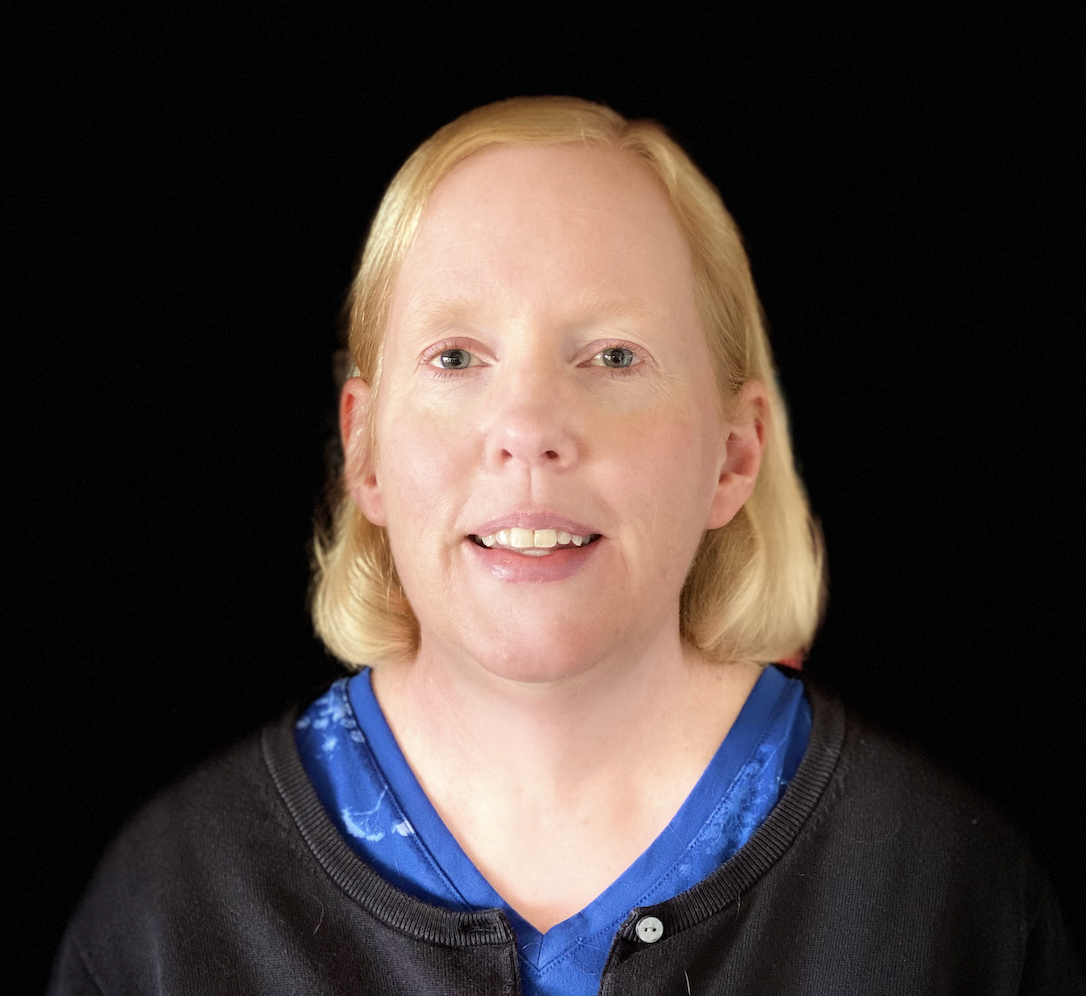
Kimberly Kaphingst, ScD, is a Professor and Associate Chair in the Department of Communication and the Director of Cancer Communication Research at the Huntsman Cancer Institute at the University of Utah. Dr. Kaphingst's research interests are in health literacy, genetic literacy, and health communication. A major focus of her health communication research is in the context of genetic and genomic information, examining patient responses to risk information and individuals’ preferences for return of genetic information. She is currently contact Principal Investigator for the Broadening the Reach, Impact, and Delivery of Genetic Services (BRIDGE) clinical trial funded by the National Cancer Institute, which is identifying primary care patients who meet criteria for cancer genetic evaluation and comparing different models to deliver genetic services to this patient population.

Jennifer R. Klemp, PhD, MPH, MA, is a Professor of Medicine in the Division of Medical Oncology, the Director of Cancer Survivorship, and the Co-Program Leader for Cancer Prevention and Control, at the University of Kansas Cancer Center. Her clinical-research practice focuses on cancer genetics and cancer survivorship. Dr. Klemp serves on a number of national boards, is a subject matter expert in cancer genetics and survivorship, and has peer-reviewed funding, including an NCI R01 focused on shared care between oncology and primary care of cancer survivors. She has developed a community of practice across the region using Project ECHO for increasing access to cancer genetic education and testing, along with a multi-disciplinary approach to cancer survivorship. She has presented nationally focusing on cancer genetics, shared decision-making regarding options to manage cancer risk and survivorship issues, and the development and implementation of cancer genetics, survivorship, and navigation programming.

Alex Krist, MD, MPH, is a Professor of Family Medicine and Population Health at Virginia Commonwealth University (VCU) in Richmond Virginia and a practicing family physician at the Fairfax Family Practice residency. Dr. Krist is the director of the Virginia Ambulatory Care Outcomes Research Network (ACORN), a collection of over 500 primary care practices, throughout Virginia representing the full spectrum of primary structures and cultures that conducts research that matters to primary care. He is a former member and past Chair of the U.S Preventive Services Task Force and the director of community engaged research for VCU's Wright Regional Center for Clinical and Translational Research. Dr Krist served as the Co-Chair of the National Academies of Sciences, Engineering, and Medicine’s committee on Achieving Whole Health for Veterans and the Nation. His work has resulted in sustained improvements to primary care throughout Virginia that have helped people get recommended preventive services, improved patient-clinician communication, advanced personal health records to better engage people in care, and create clinical-community collaborations to address unhealthy behaviors, mental health, and social needs.
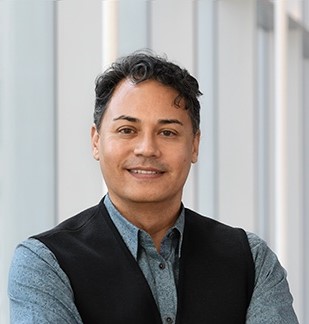
Dr. Lee is Sosland Family Professor in Preventive Medicine and chair of population health at the University of Kansas School of Medicine. A medical anthropologist, he conducts pragmatic trials at the intersection of healthcare delivery research and implementation science, partnering with community health clinics and other safety-net health systems, urban and rural, to optimize care delivery for under- and uninsured patients managing cancer and chronic conditions. His studies have been funded by the NCI as well as multiple awards from the Cancer Prevention & Research Institute of Texas (CPRIT). Dr. Lee currently serves as interim Associate Director for cancer workforce equity for the University of Kansas Cancer Center.
Prior to moving to Kansas City, Dr. Lee was on the faculty at UT Southwestern Medical Center in Dallas where he was Program Co-Leader for Population Science & Cancer Control research for the Simmons Comprehensive Cancer Center and Associate Director for community and collaboration for the Center for Translational Medicine. He has partnered with Dr. Balasubramanian (UT Health School of Public Health) to establish a collaborative program of research since 2011.
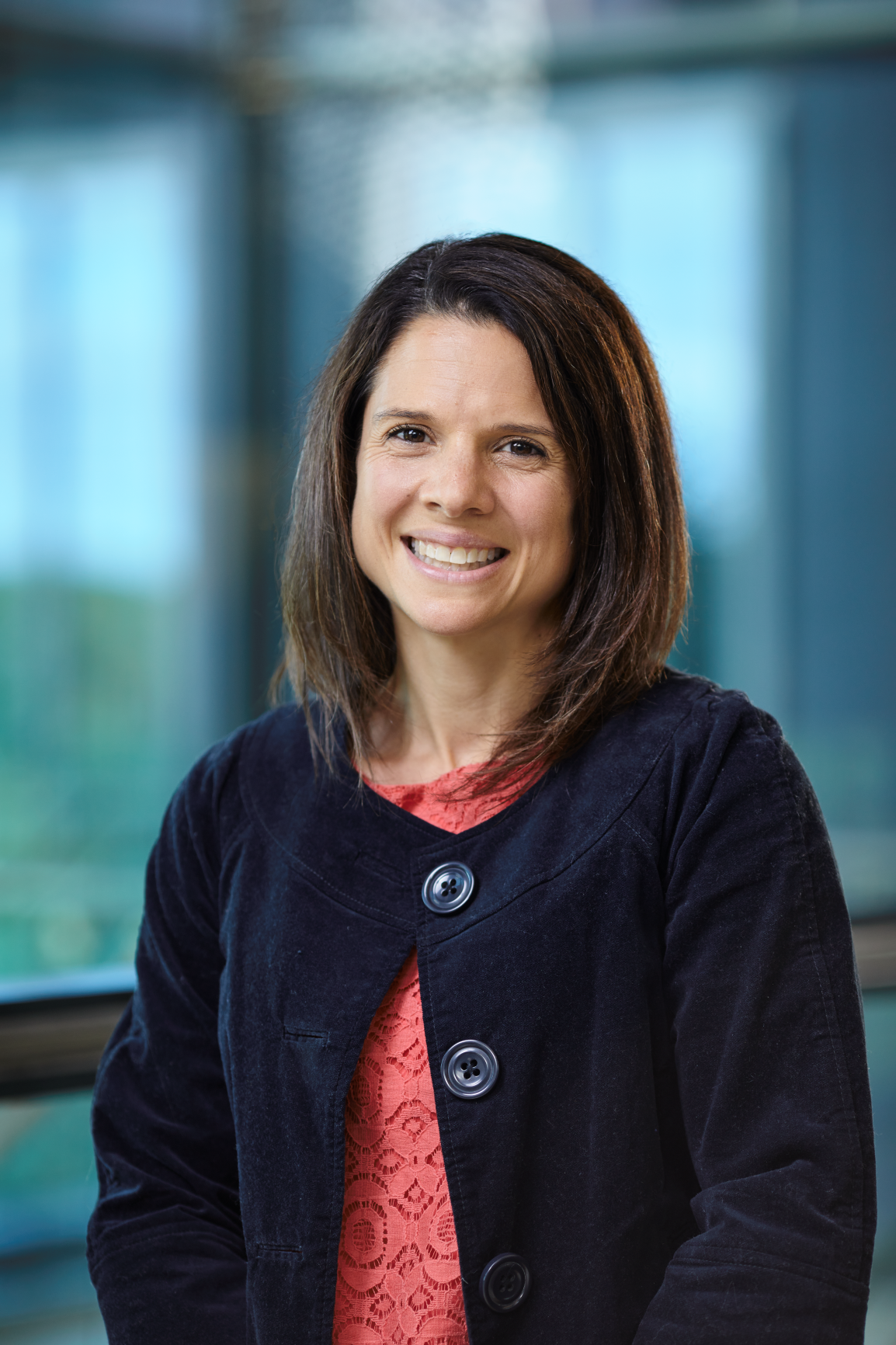
Michelle Mollica, PhD, MPH, RN, OCN, serves as Deputy Director of the NCI Office of Cancer Survivorship. In this role, Dr. Mollica is responsible for developing, supporting, and promoting research efforts focused on cancer survivorship. Dr. Mollica also holds a secondary appointment as a Program Director in the Outcomes Research Branch (ORB) of the Healthcare Delivery Research Program, where she manages a research portfolio of grants focused on cancer survivorship and healthcare delivery across the life course, from childhood through older adulthood. Dr. Mollica has served as scientific lead for several recent funding opportunity announcements focused on specific aspects of survivorship care, including primary care, transitions in care, metastatic cancer survivorship, and informal cancer caregiving. Prior to NCI, Dr. Mollica worked clinically as an oncology nurse at Roswell Park Comprehensive Cancer Center in Buffalo, NY.
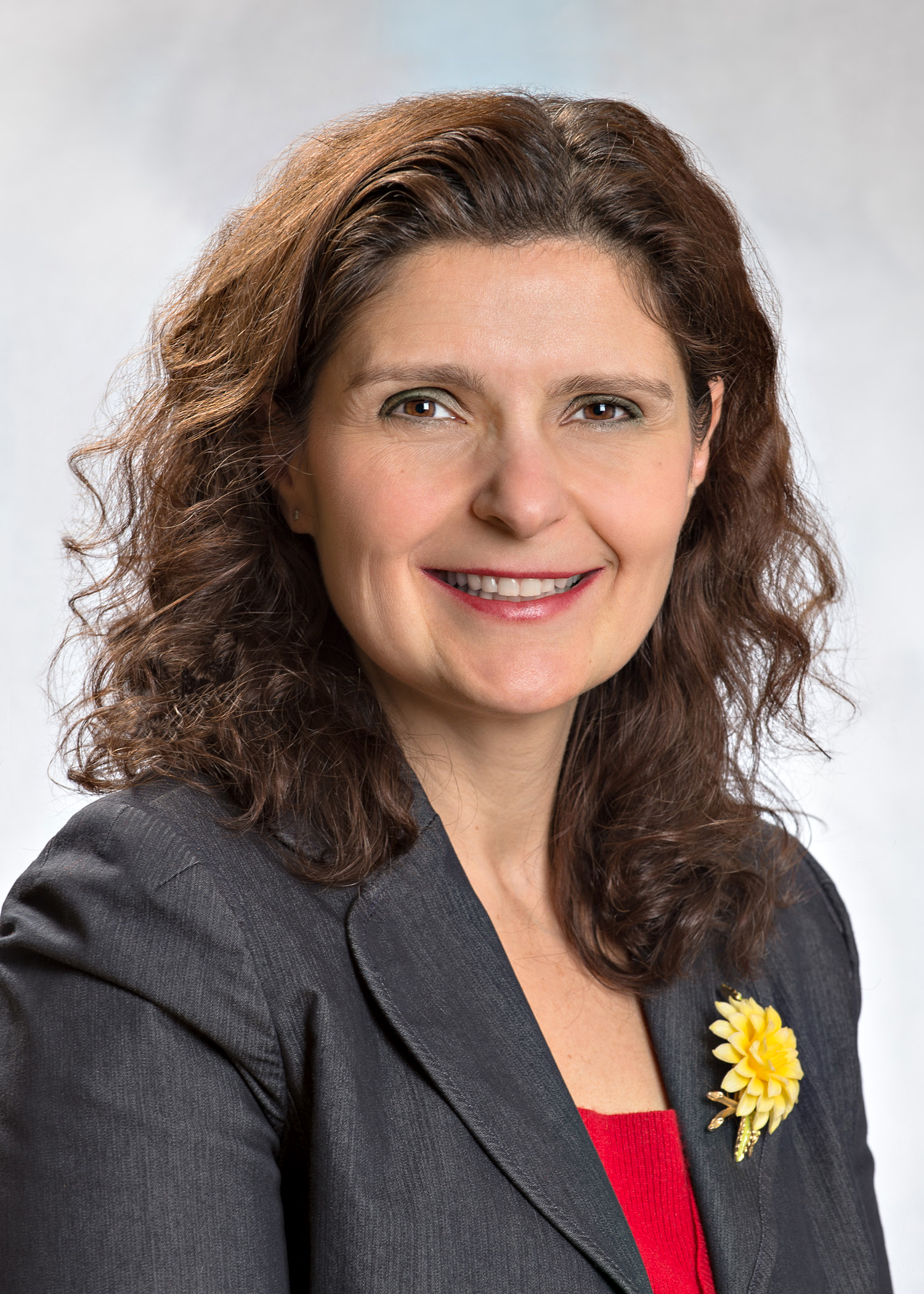
Dr. Larissa Nekhlyudov is Professor of Medicine at Harvard Medical School and is a practicing internist at the Brigham & Women's Hospital in Boston, Massachusetts. She is Clinical Director, Internal Medicine for Cancer Survivors at the Dana-Farber Cancer Institute where she offers clinical care for long-term survivors of childhood and adult cancers. Dr. Nekhlyudov is particularly interested in improving the care of cancer survivors and the interplay between primary and oncology care. She has been at the forefront of the field of cancer survivorship, nationally and internationally, by leading and participating in the development of survivorship care policies and clinical guidelines, educational programs, and research.
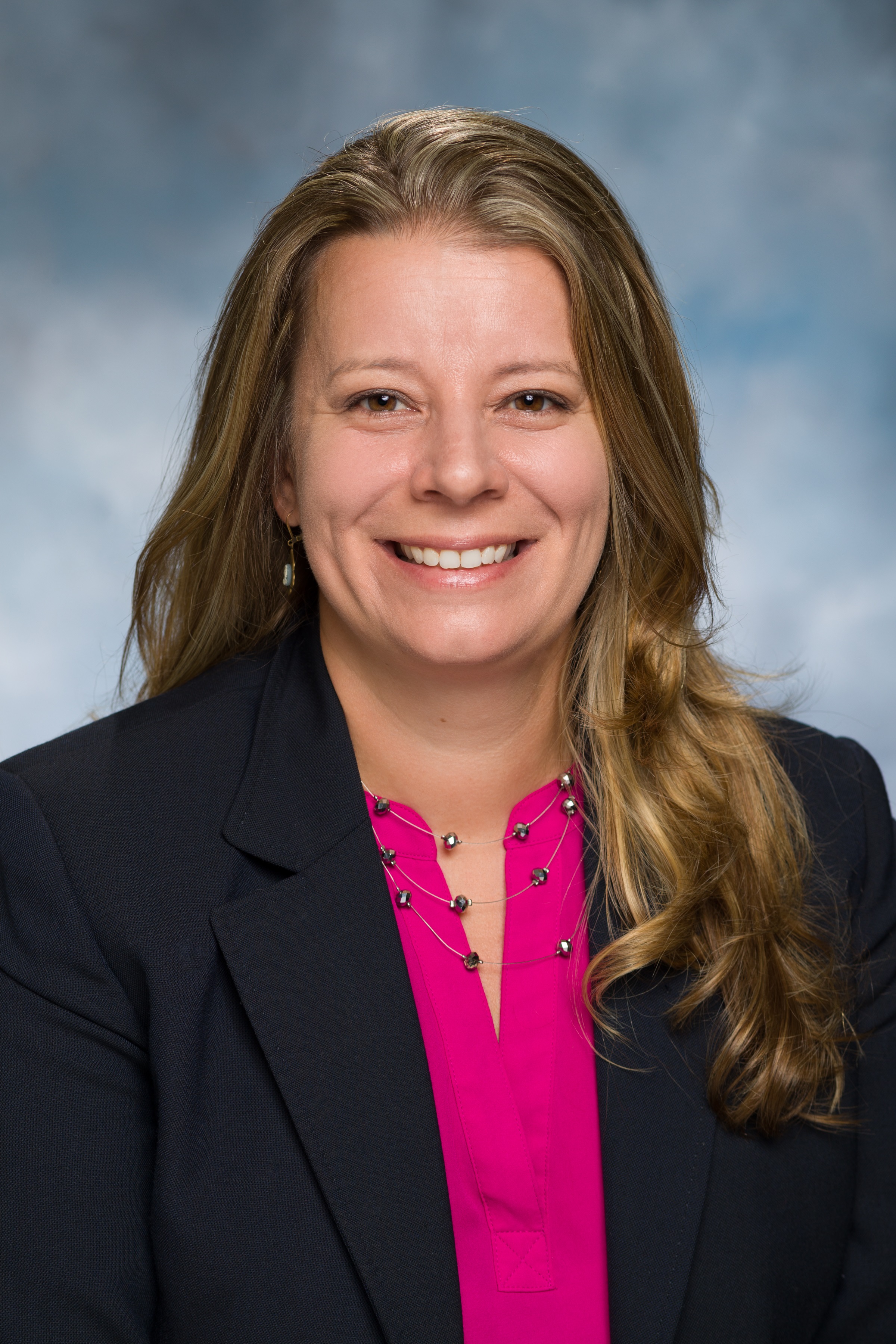
Denalee M. O’Malley, Ph.D., M.S.W., is an Assistant Professor in the Rutgers Robert Wood Johnson Medical School (RWJMS), Department of Family Medicine and Community Health’s Research Division and an Associate Member of the Rutgers Cancer Institute of New Jersey. She is an oncology social worker with 10 years of clinical and 15 years of research administration and program development experience. Dr. O’Malley’s research uses implementation science methodologies to optimize cancer care delivery and promote health equity in priority populations. She is the principal investigator of an NCI-funded study, “Optimizing Colorectal Cancer Screening among Patients with Diabetes in Safety-net Primary Care Settings: Targeting Implementation Approaches” (K99 CA256043;R00CA256043). She recently completed the Institute for Implementation Science Scholars Program at Washington University in Saint Louis. Dr. O’Malley has participated in the design and delivery of individual and small group interventions (e.g., eHealth, small group facilitation, and psychosocial care) across several primary care and cancer survivorship focused research projects. She has collaborated on several NIH-funded (e.g., NCI, NIDA, NHLBI) implementation science projects to assess and intervene at multiple levels (i.e., patient, health care teams, and clinic systems) to translate evidence-based practices into real-world care delivery settings.
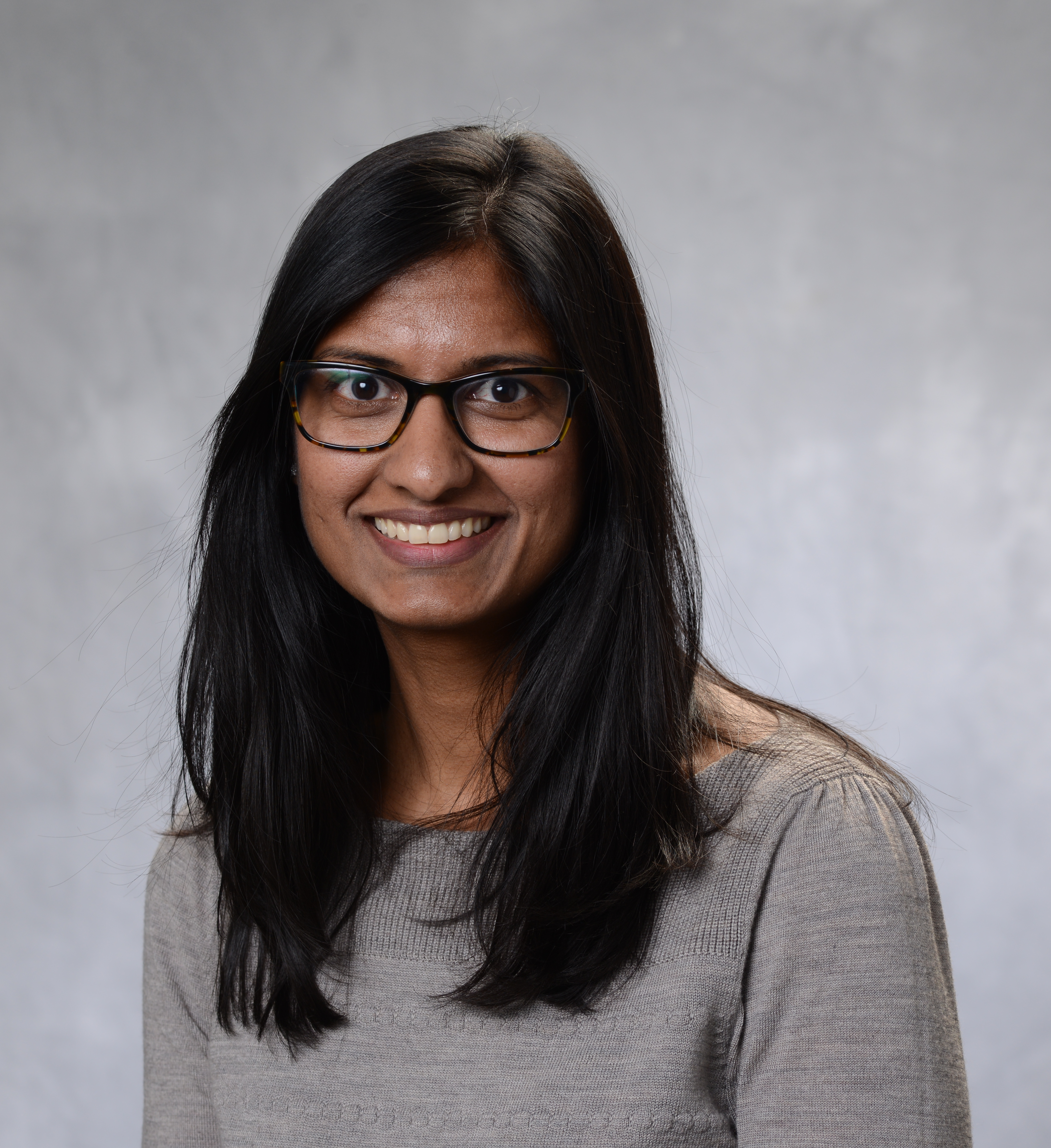
Dr. Archana Radhakrishnan is an Assistant Professor in the Department of Medicine at the University of Michigan. She is a general internist practicing at the Ann Arbor VA and cancer health services researcher. Her clinical and research interests align to ultimately improve the quality of care of patients with cancer. Specifically, she focuses on understanding and optimizing the role of primary care in the care of patients throughout the cancer continuum. Her areas of focus include: 1) Cancer survivorship, where she is developing and implementing risk-stratified survivorship care delivery models leveraging primary care involvement to achieve high-quality survivorship care; and 2) Low-risk cancer management, where in her current NCI-funded study, she is exploring team-based care delivery to optimize treatments of patients with low-risk cancers and maximize their adherence.
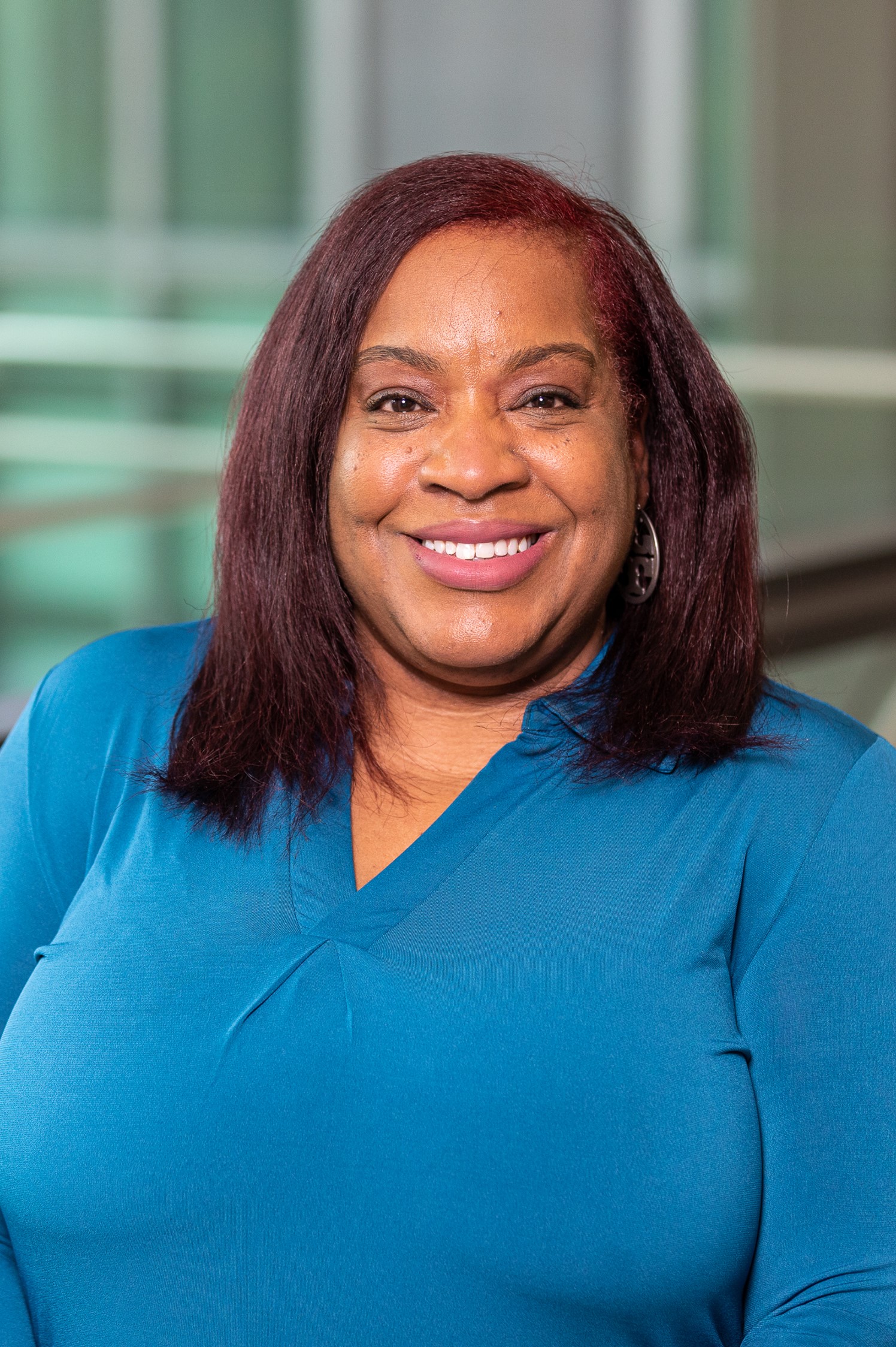
Crystal Reed, MHA, serves as a health scientist administrator in the NCI Office of Cancer Survivorship (OCS), part of the Division of Cancer Control and Population Sciences (DCCPS). Ms. Reed fosters internal and external collaborations and coordinates the facilitation of steering committees and scientific working groups. She is involved in several cross-division scientific initiatives, working closely with OCS leadership to provide strategic support for program management and research activities related to cancer survivorship. Prior to joining OCS, Ms. Reed served in DCCPS’s Healthcare Delivery Research Program (HDRP) as a health science and policy analyst. She has 20+ years of experience managing numerous health-related projects and several years of grants management experience focusing on health disparities.

Urmimala Sarkar MD, MPH is a Professor of Medicine at UCSF in the Division of General Internal Medicine and Associate Director of the UCSF Center for Vulnerable Populations. She is a general internist practicing at Zuckerberg San Francisco General Hospital and Trauma Center’s Richard Fine People’s Clinic. She is an associate chair of the Department of Medicine and a member of the Helen F. Diller Comprehensive Cancer Center. Dr. Sarkar is an expert in digital health equity and learning health systems research, focusing on outpatient care for marginalized populations. She has methodological expertise in qualitative and quantitative implementation sciences methods, randomized controlled trials, and observational health services and health communication studies. Her current NCI-funded work includes observational mixed-methods work on best practices in survivorship care and developing and testing a multi-level, health system intervention for completion of colonoscopy among those with abnormal stool-based testing. Previous NCI-funded work includes a social media intervention to promote HPV vaccination as well as a mid-career mentoring award. Learn more at www.sarkarlab.ucsf.edu.
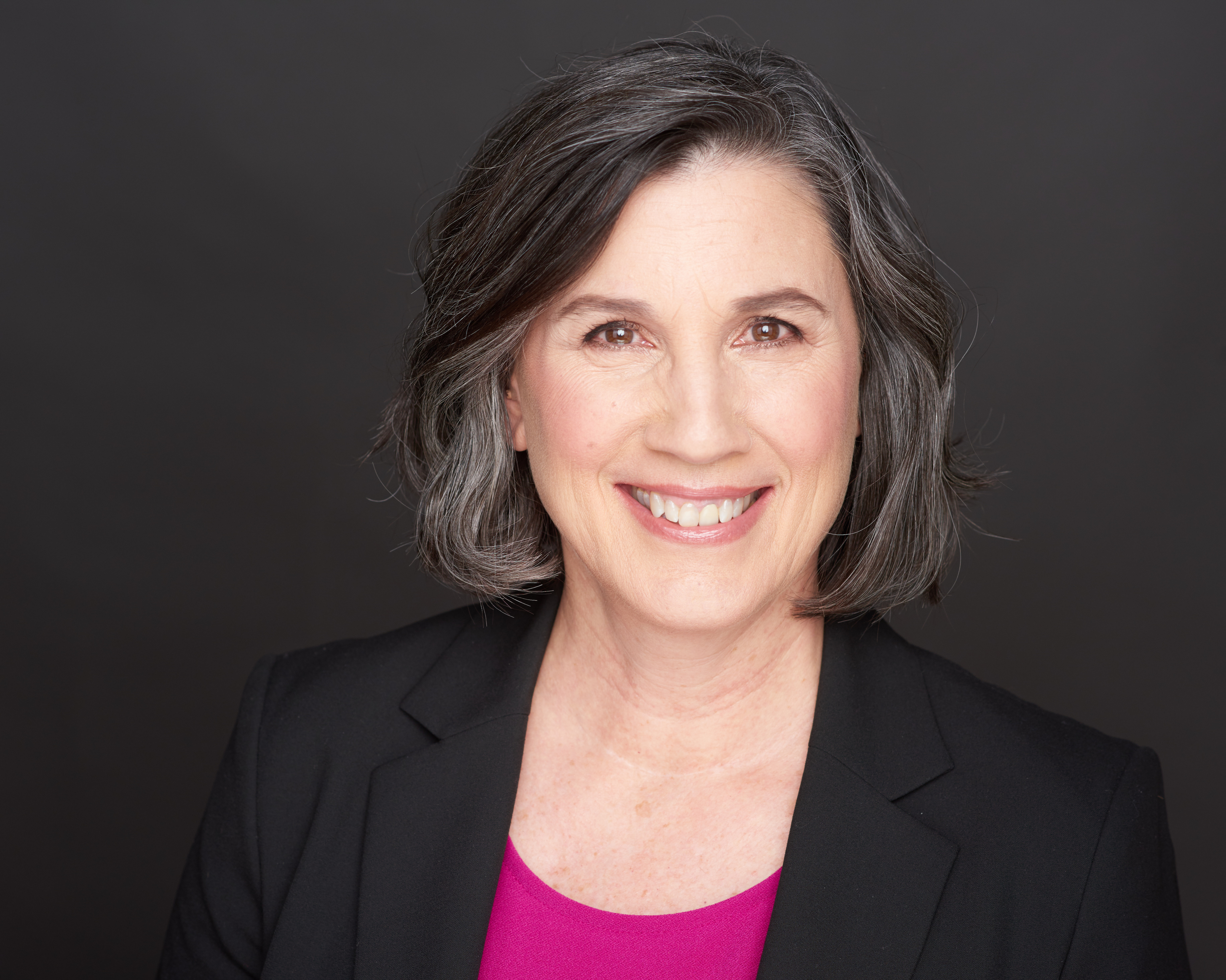
Trish Silber, MBA, is President of Aliniad Consulting Partners, a Washington DC-based global consulting firm focused on strategic alignment, adaptive leadership, and complexity. She has over 25 years of experience consulting in all sectors with organizations facing rapid and unprecedented changes in technology, markets, strategy, and leadership. Trish is an expert in organizational transformation, vertical leadership development, executive coaching, and conflict resolution. Clients frequently contact her to design and facilitate strategic, generative and/or high-stakes conversations, particularly when multiple stakeholders are involved. Trish is also a Senior Associate at Global Leadership Associates (GLA) where she provides Global Leadership Profile (GLP) certification, developmental coaching, and facilitation for GLA’s foundation and advanced practitioner programs. Trish previously served as faculty of the George Washington University graduate program on leadership coaching. She has completed numerous certificate programs in the fields of organizational development, vertical leadership development, executive coaching, and mediation. Trish received her Master’s degree in Business Administration from Santa Clara University and holds a BA in Behavioral Psychology from Connecticut College.

Kurt C. Stange, MD, PhD, is a family and public health physician. At Case Western Reserve University he is a member of the Center for Community Health Integration (CHI Center), which conducts collaborative Research & Development for Community Health and Integrated, Personalized Care. He is a Distinguished University Professor, and is the Dorothy Jones Weatherhead Professor of Medicine, and Professor of Family Medicine & Community Health, Population & Quantitative Health Sciences, Oncology and Sociology. He is an American Cancer Society Clinical Research Professor and served as founding editor for the Annals of Family Medicine. He serves as Co-Director for the Larry A. Green Center for Advancing Primary Health Care for the Public Good with Rebecca Etz, PhD. He is also a Scholar at the Nova Institute and an Affiliate Investigator with the OCHIN national nonprofit health information technology organization. Dr. Stange is interested in how the generalist function and the personal physician make a difference in people’s lives. He is active in multimethod, participatory research and development that aims to understand and improve the generalist function, primary health care, health equity, and community and population health. He is a member of the Academy of Medicine of the US National Academy of Sciences.
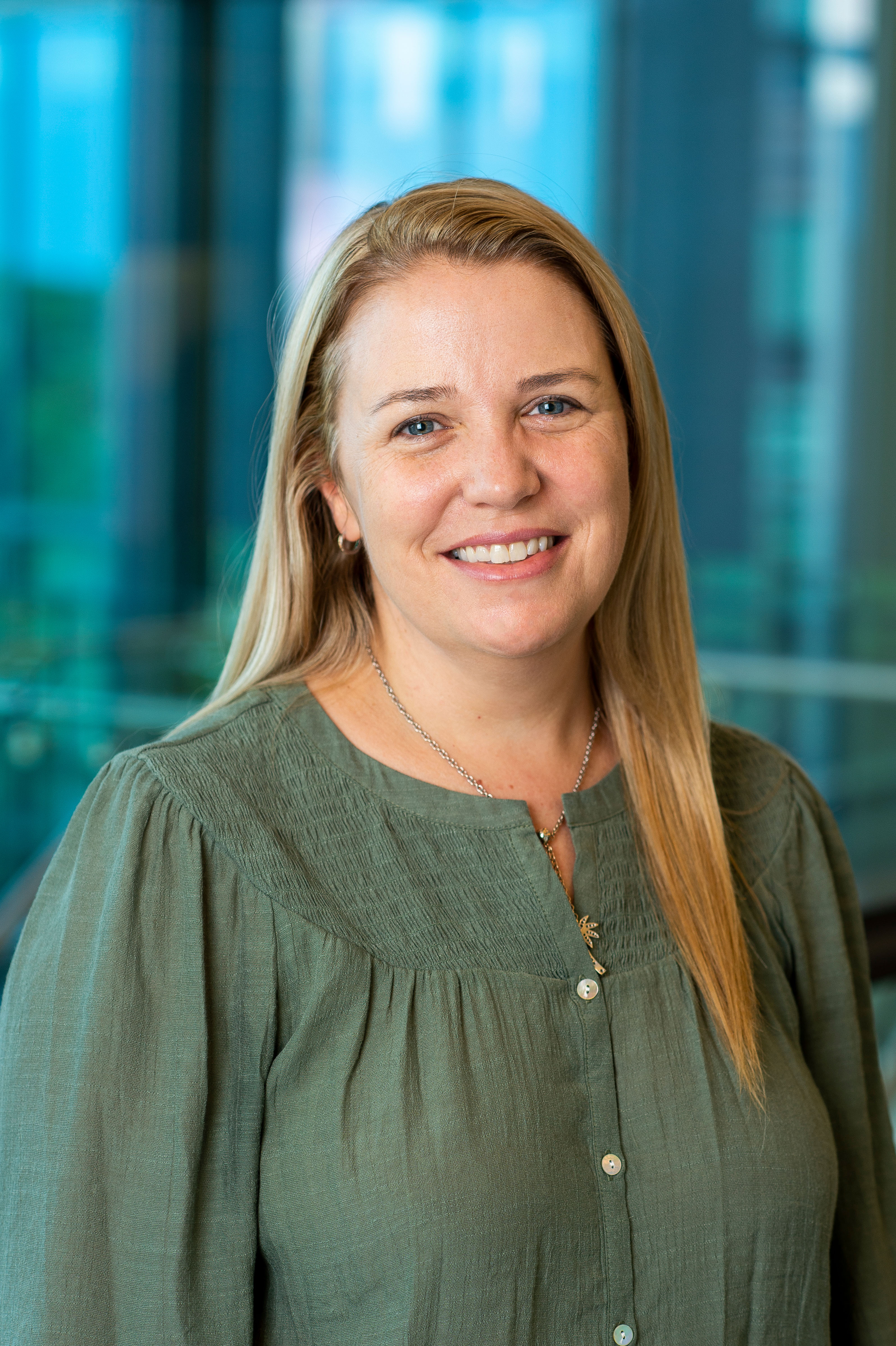
Emily Tonorezos, MD, MPH, serves as Director of the Office of Cancer Survivorship, in the Division of Cancer Control and Population Sciences at the National Cancer Institute (NCI). In this position, Dr. Tonorezos leads NCI’s efforts to address the challenges facing cancer survivors and their families -- to prevent or mitigate adverse effects and to improve the health and well-being of cancer survivors from the time of diagnosis through the remainder of their lives.
Dr. Tonorezos came to NCI from Memorial Sloan Kettering Cancer Center and the Weill Cornell Medical College, both in New York, NY, where she served as director of the Adult Long-Term Follow-Up Program for survivors of childhood and young adult cancers. Her research, which has been funded by the NCI, the American Cancer Society, the American Institute of Cancer Research, and others, focuses on cardiometabolic consequences of cancer therapy, childhood and young adult cancer survivorship, diet and nutrition, and care coordination for this population. She serves as Obesity and Diabetes Mellitus Silo leader for the Children’s Oncology Group (COG) Long-Term Follow-Up Guidelines and as co-leader of the International Guideline Harmonization Group for the metabolic syndrome. She also has served on the National Academy of Sciences, Engineering and Medicine Committee on Childhood Cancer and Disability and on the Cancer Survivorship Committee, the Adolescent and Young Adult Task Force, and the Clinical Guideline Committee for ASCO. In addition, Dr. Tonorezos led an international effort to develop recommendations for adult survivors of heritable retinoblastoma.